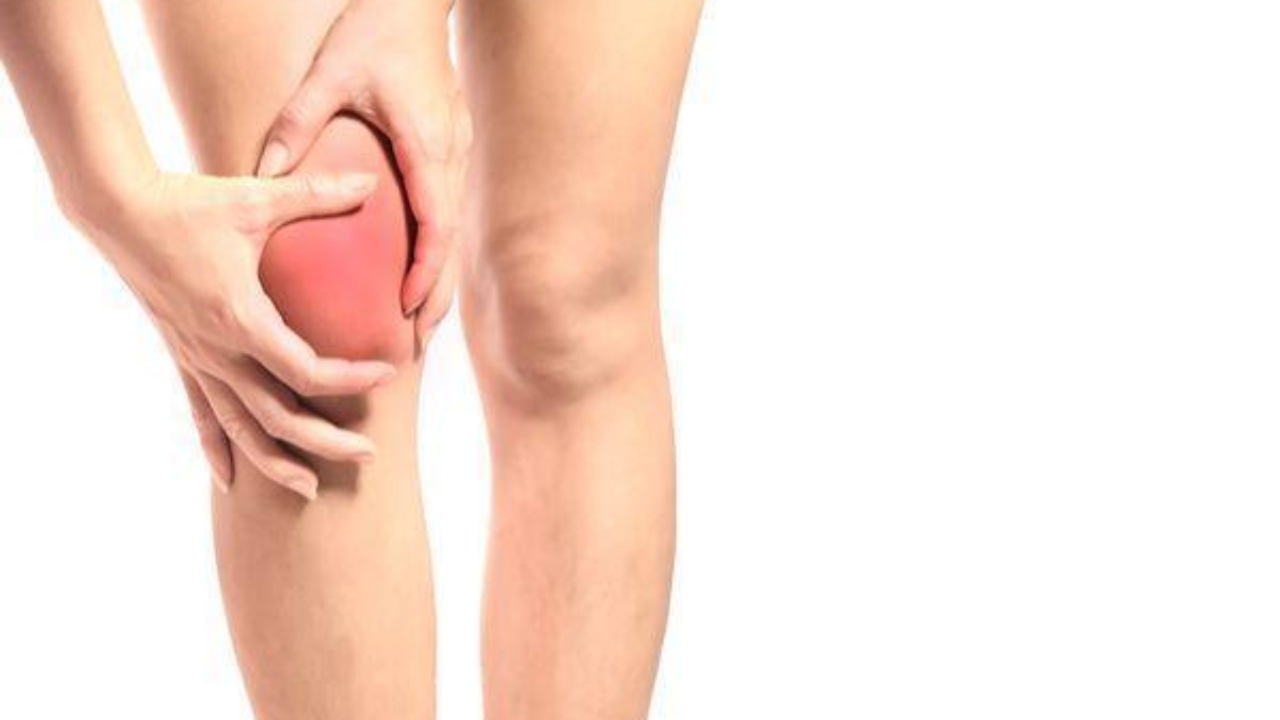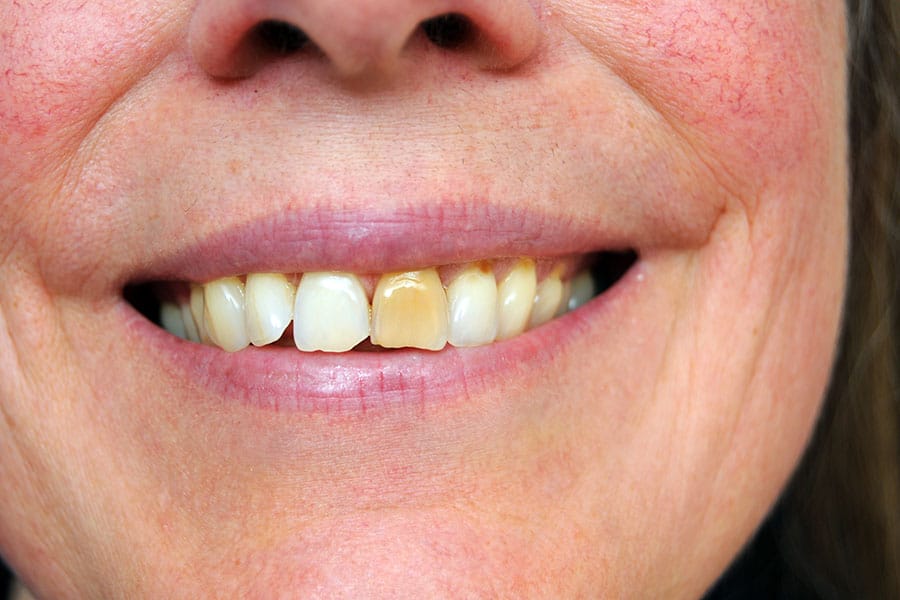A meniscus tear is a specific injury to the knee that affects stability and range of motion. Everyone is prone to it from time to time. As such, suppose you have injured your meniscus, it is wise you reach out to a West Chester orthopedic surgeon. This will avail you of treatment options for your injury. Below is a brief overview of the symptoms, causes, and treatment options for a torn meniscus. If you suspect you have,
What is a Meniscus
The meniscus is a C-shaped fibrocartilage piece that acts as a shock absorber for the knee by supporting the body weight while distributing it evenly across the knee joint. The meniscus is located between two bones in the knee joint, the tibia and the femur. The tibia is the bigger bone in the lower leg, while the femur is one of three bones that make up the thigh.
The meniscus has a C-curve, with the outer edge being thicker than the inner portion for protecting the knee joint. Each knee contains two meniscus cartilages, which function as cushions between the thigh bone and shinbone. The inner part of the meniscus has a high concentration of nerves and blood vessels, which makes this area more susceptible to pain and injury.
Causes of Meniscus Tear
The meniscus can tear for different reasons, including traumatic injury or normal wear-and-tear over time. The most common causes of a meniscus tear are physical activities such as sudden turns and stops or violent pivoting that cause someone to rotate or twist the knee forcefully. Even simple activities like deep squatting, heavy lifting or kneeling can at times cause the meniscus to tear.
Degenerative changes in the knees of the elderly can also cause tearing of the meniscus with slight or no trauma.
Risk Factors
Exercising in a manner that involves rapid knee twisting and pivoting puts you at risk of suffering a meniscus tear. Athletes, particularly those who engage in contact sports like football or sports that require pivoting, such as basketball or tennis, are at a higher risk. Other factors that increase the risk of a torn meniscus are age and obesity.
Symptoms of Meniscus Tear
It may take you up to 24 hours to realize you have a meniscus tear. You will need medical attention immediately if you experience the following symptoms:
- A popping feeling
- Stiffness or swelling
- Stinging pain when you try rotating or twisting your knee
- You may find it difficult to straighten the injured knee fully
- When you try to move your knee, it feels glued in place.
- You could feel your kneecap giving way.
Complications
In severe cases, a meniscus tear could develop complications such as osteoarthritis. Osteoarthritis is the deterioration of the cartilage, causing intense pain or stiffness in your knee. Severe cases may require surgery for a better outcome.
When to Seek Medical Attention
Seek immediate medical attention if you experience the symptoms of a meniscus tear, especially if your knee is swollen, stiff, and painful.
Treatment Options
In certain situations, conservative treatment options, such as pain medication, ice, and rest, could be enough to alleviate the discomfort and allow the meniscus time to heal. However, in other cases, you may require surgery to recover fully.





